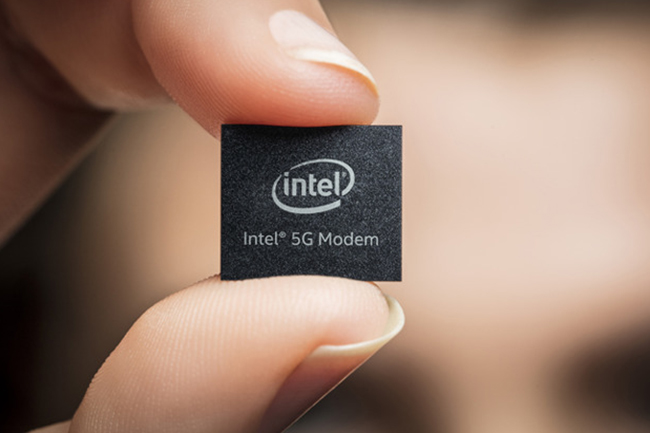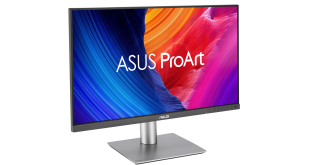Back in April, Apple and Qualcomm dropped their respective lawsuits against each other and agreed to partner up once again. At the time, this had a knock-on effect on Intel, as the company would no longer be supplying modems for future iPhones. Development on 5G modems swiftly came to an end and shortly after, Intel sold off its modem business to Apple entirely, although Intel doesn't seem to be too happy with how things turned out.
Intel has never quite managed to be competitive in the smartphone modem business, with Qualcomm largely dominating the market. Intel announced in April that it would no longer be developing 5G modems and would re-focus its efforts on other areas. Now, Apple has acquired Intel’s smartphone modem business for $1 billion, transferring 2,000 Intel employees to Apple's ranks.
So how did this whole situation come about? You might remember that shortly after Apple launched its own lawsuit at Qualcomm, the US Federal Trade Commission also filed a similar case, investigating Qualcomm for unfair and anticompetitive licensing practices. Qualcomm is currently appealing the case, but Intel would like to see the FTC keep the lawsuit alive, claiming that “Intel suffered the brunt of Qualcomm's anticompetitive behaviour”.
In a press release, Intel's general counsel, Steven Rogers, said: ” Intel fought for nearly a decade to build a profitable modem chip business. We invested billions, hired thousands, acquired two companies and built innovative world-class products that eventually made their way into Apple’s industry-leading iPhones, including the most recently released iPhone 11. But when all was said and done, Intel could not overcome the artificial and insurmountable barriers to fair competition created by Qualcomm’s scheme and was forced to exit the market this year.”
Rogers also said that Intel “suffered the brunt of Qualcomm's anticompetitive behaviour” and was “denied opportunities in the modem market”. As a result of this, Intel had to make the decision to cut the cord and sell its modem business off for a loss.
Intel has filed a brief of support for the FTC's initial ruling against Qualcomm and opposes the rival chip maker's appeal. Whether or not this ends up making a difference still remains to be seen but it appears that despite selling off the modem business, Intel is still riled up by Qualcomm's market dominance.
Discuss on our Facebook page, HERE.
KitGuru Says: Apple's acquisition of Intel's modem business should be completing very soon, so once the iPhone maker's current licensing agreement with Qualcomm runs out, Apple can take on the fight instead. Of course, it will be easier for Apple, as it doesn't necessarily need to sell to third-party phone makers to make this acquisition worth it, all Apple really needs is more control over the hardware inside the iPhone.
 KitGuru KitGuru.net – Tech News | Hardware News | Hardware Reviews | IOS | Mobile | Gaming | Graphics Cards
KitGuru KitGuru.net – Tech News | Hardware News | Hardware Reviews | IOS | Mobile | Gaming | Graphics Cards



